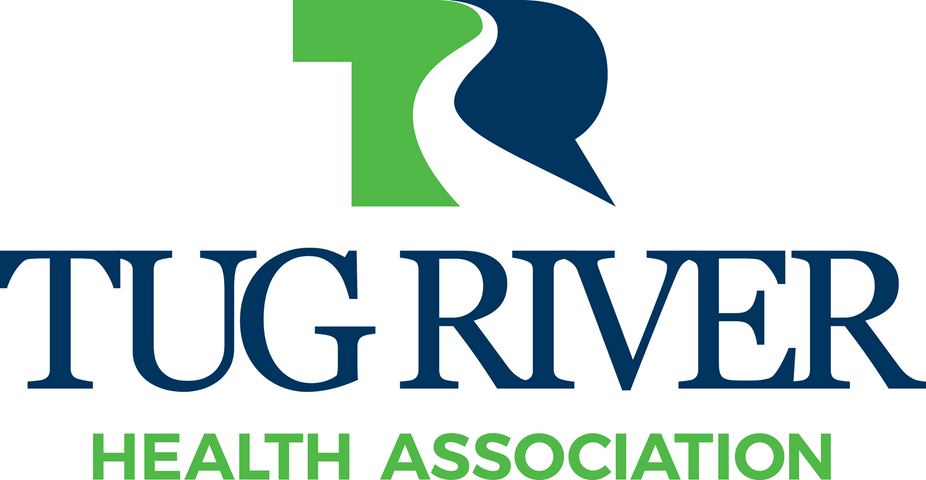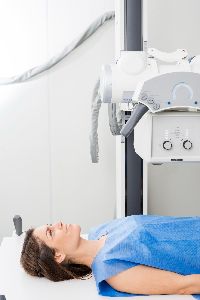
Tug River Health Association has partnered with West Virginia University to provide a mobile unit providing low dose CT scan for lung cancer screening, September 15 and 16 at the Gary and RiverView Centers. The WVU LUCAS mobile unit is by referred appointment only. Talk to your Tug River provider to see if you should have this life saving test.
Lung screening is a health care process for detecting lung diseases and disorders early. In particular, lung cancer can develop without any warning symptoms, making treatment much more difficult if diagnosed later. The following guide clarifies some information surrounding this procedure to ensure you're informed throughout the process.
What Does a Lung Screening Involve?
A lung screening is a three-dimensional computerized tomography (CT) or positron emission tomography (PET) scan of the pulmonary system. The health care examination looks for nodules and cancer symptoms. It's administered by radiologists to reduce the number of negative biopsies and thoracotomies while minimizing long-term delays in lung cancer diagnoses.

A CT scan involves lying on a motorized table that slides you into a tunnel with an X-ray tube that takes photos of the lungs. Meanwhile, a PET scan uses a dye that contains radioactive tracers to allow the radiologist to observe how the lungs operate.
You'll lie down on a table attached to a machine and enter it for X-rays. You may need to hold your breath during key parts of both scans to get the finest photographs for the medical provider.
Why It's Important
In the United States, lung cancer is the leading cause of cancer-related deaths. Screenings for at-risk patients allow medical providers to detect signs of the condition and provide earlier treatment, resulting in an increased likelihood of remission.
Who Should Undergo Early Detection Screenings
If you're over 55 and don't have lung cancer, you should undergo regular screening. The exam is also beneficial for everyone who has smoked tobacco in the past. People with a family history of lung cancer should also maintain annual appointments.
About the Business
(1 reviews)
Have a question? Ask the experts!
Send your question

